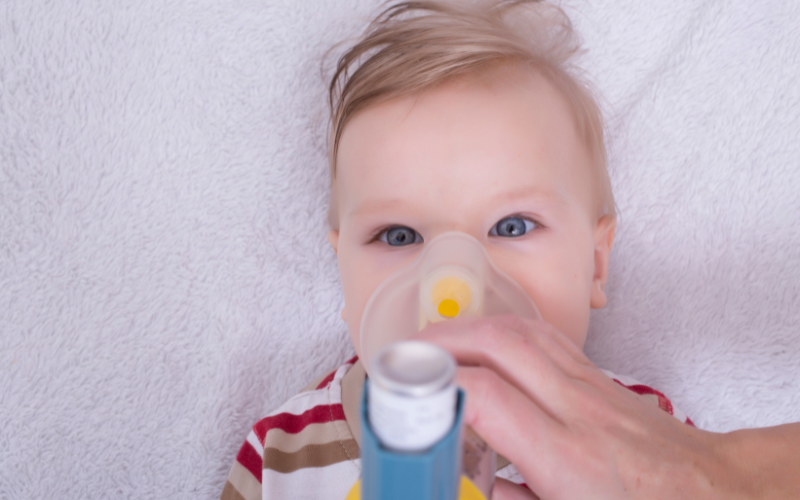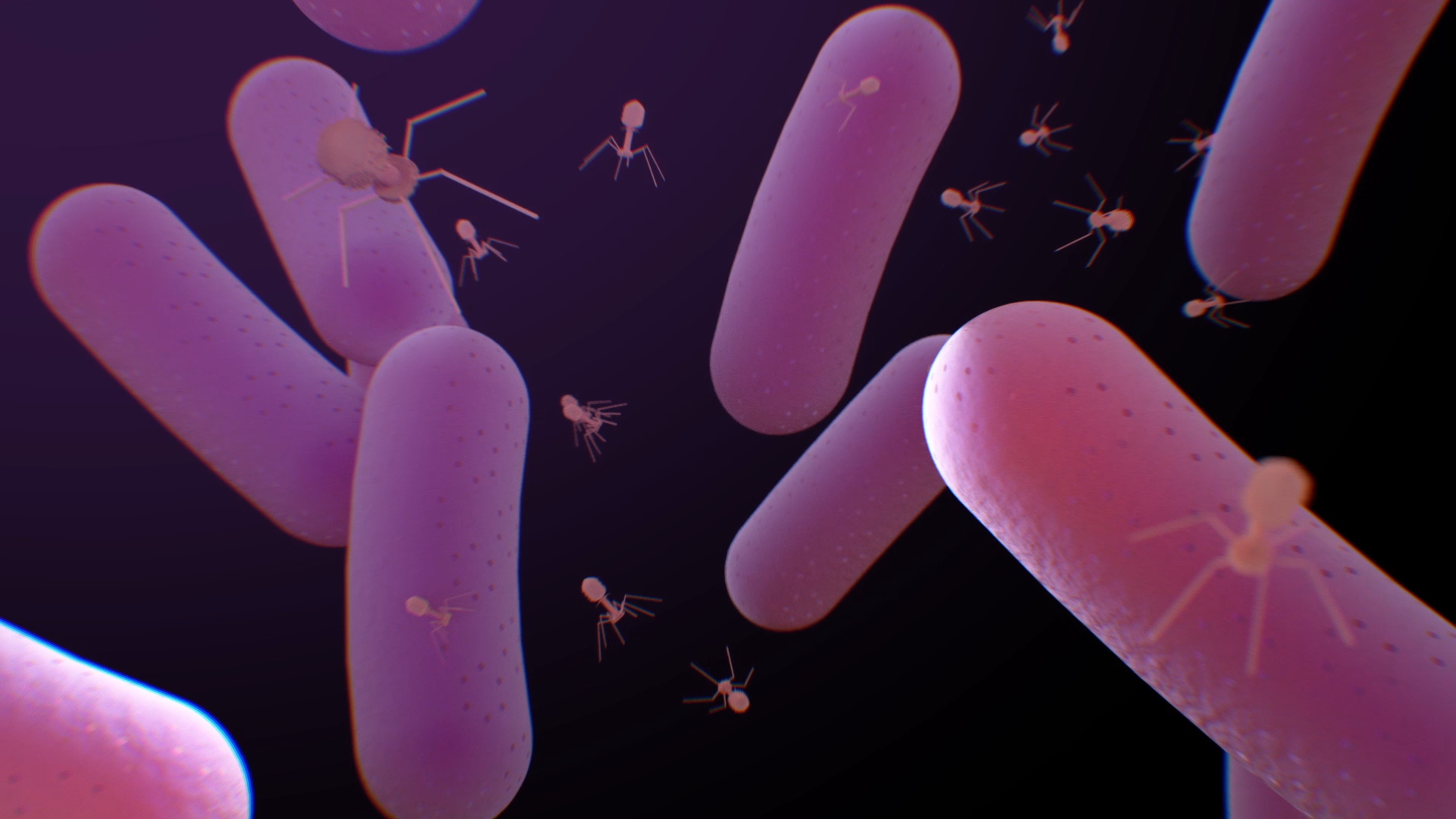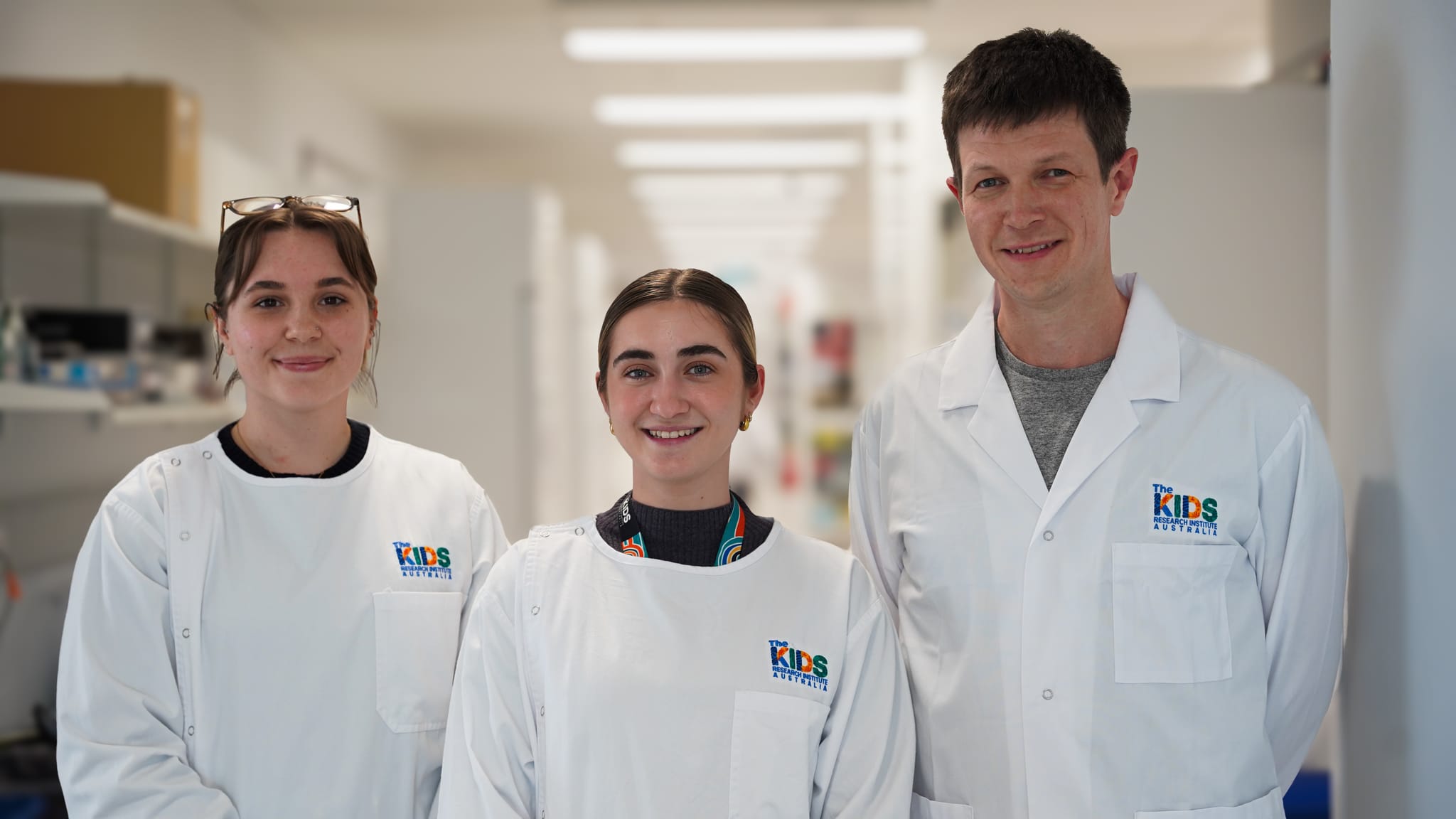Search

News & Events
Unravelling the mystery of persistent wheeze in children: Study reveals crucial immune cell differencesThe study found the rare immune cells, known as plasmacytoid dendritic cells, showed clear signs of activation and virus defence in children with transient wheeze, whereas in children with persistent wheeze the same immune cells showed very limited activation without any signs of virus defence.

News & Events
A new phage discovery in the fight against Antimicrobial ResistanceJack Canning, a PhD researcher in the Wal-yan Respiratory Centre’s Phage WA team, has made a significant finding in the search for alternative treatments to antimicrobial-resistant (AMR) bacteria.

News & Events
Immune patterns linked to childhood asthma riskNew research digs deeper into how children's immune systems handle viral challenges

News & Events
Unique twin study reveals clues to childhood allergiesA study published in Science Advances has revealed that while genetics play a significant role in shaping children's immune systems, environmental factors also influence key immune responses, offering opportunity for preventing allergic diseases.

Meet the AREST CF researchers

AREST CF has a detailed catalogue of our publications spanning back to 1996.

Development and validation of a miniaturized bacteriophage host range screening assay against antibiotic resistant Pseudomonas aeruginosa

Early disease surveillance in young children with cystic fibrosis: A qualitative analysis of parent experiences Sensitive measures of early lung

Cystic Fibrosis Clinical Isolates of Aspergillus fumigatus Induce Similar Muco-inflammatory Responses in Primary Airway Epithelial Cells

Ivacaftor and Airway Inflammation in Preschool Children with Cystic Fibrosis Authors: Paul McNally, Daryl Butler, Yuliya Karpievitch , Barry Linnane,
